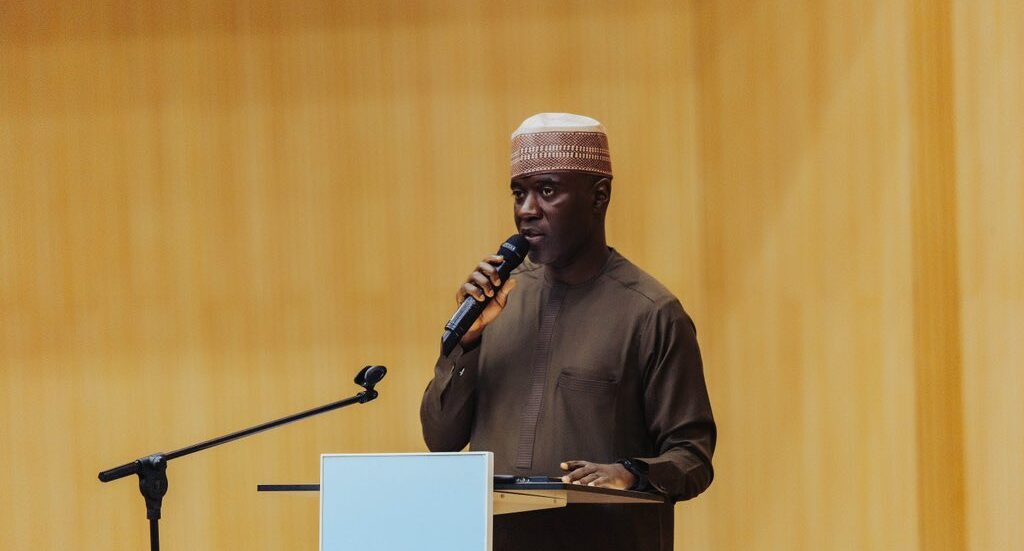Nigeria’s Telecom Renaissance: A Resurgence from Forex Crisis to Renewed Growth
The Nigerian telecommunications industry is experiencing a remarkable resurgence, rebounding from a debilitating foreign exchange crisis that significantly impacted its performance two years ago. This recovery is underscored by the sector’s substantial contribution to the nation’s Gross Domestic Product (GDP) and its renewed trajectory towards profitability. Driven by a recent tariff adjustment, key operators are reinvesting in network infrastructure, promising improved service quality and enhanced user experience for Nigerian consumers. This positive momentum is expected to accelerate further, with projected investments for the current year surpassing those of the preceding two years, signifying a renewed confidence in the industry’s potential.
The recovery marks a significant turnaround from a period of considerable financial strain. Just two years prior, major telecom operators were grappling with forex-related losses, despite registering revenue growth. These financial obligations, coupled with existing operational challenges, led to a decline in service quality, impacting user experience. The recently implemented tariff adjustments have played a pivotal role in restoring financial stability, enabling operators to allocate resources towards network upgrades and expansion. This renewed investment is poised to translate into tangible improvements in service quality, addressing the previous deficiencies and paving the way for enhanced connectivity and user satisfaction.
The Nigerian Communications Commission (NCC) has played a central role in navigating the industry through these challenges and fostering its recovery. Recognizing the detrimental impact of the forex crisis, the NCC facilitated the tariff adjustments, providing operators with the financial breathing room needed to reinvest in their networks. This proactive intervention has been instrumental in reversing the negative trend and setting the stage for the industry’s current resurgence. The NCC’s commitment to ensuring a balanced approach, safeguarding consumer interests while supporting operator viability, has been crucial in fostering a sustainable ecosystem for growth.
Beyond the immediate financial recovery, the NCC is actively addressing systemic challenges that have long plagued the telecom sector. These include persistent issues such as fiber cuts, infrastructure vandalism, and right-of-way disputes. These disruptions not only hinder network performance but also represent significant financial setbacks for operators. The NCC’s proactive engagement with stakeholders, including the Nigerian Governors Forum and the Federal Ministry of Works, underscores its commitment to resolving these longstanding issues and creating a more conducive environment for investment and growth.
The NCC’s multi-faceted approach includes collaborative efforts with government agencies and legal bodies to combat infrastructure vandalism and fiber theft. This involves collaborating with the Attorney General’s office and the Nigeria Security and Civil Defence Corps (NSCDC) to prosecute individuals involved in these criminal activities. Furthermore, the NCC is implementing a "name and shame" policy to deter future acts of vandalism and hold perpetrators accountable. These measures, combined with the planned Memorandum of Understanding with the Federal Ministry of Works to protect fiber networks during road construction, demonstrate the NCC’s proactive stance in addressing critical infrastructure challenges.
The telecom sector’s significance extends far beyond its economic contributions. It plays a crucial role in bolstering national security, facilitating social welfare programs, and driving economic growth. The NCC recognizes this pivotal role and is committed to ensuring the industry’s resilience and its ability to support these vital functions. The commission’s dedication to fostering a robust and reliable telecommunications infrastructure is integral to Nigeria’s progress towards a digital society, empowering its citizens and strengthening its national security framework. This commitment is further reinforced by the NCC’s transparent approach to tariff adjustments, ensuring that charges for services, such as USSD, are cost-oriented and justified, protecting consumers from arbitrary pricing. Through these comprehensive efforts, the NCC is working to ensure that the Nigerian telecom sector continues its upward trajectory, contributing significantly to the nation’s overall development and progress.


